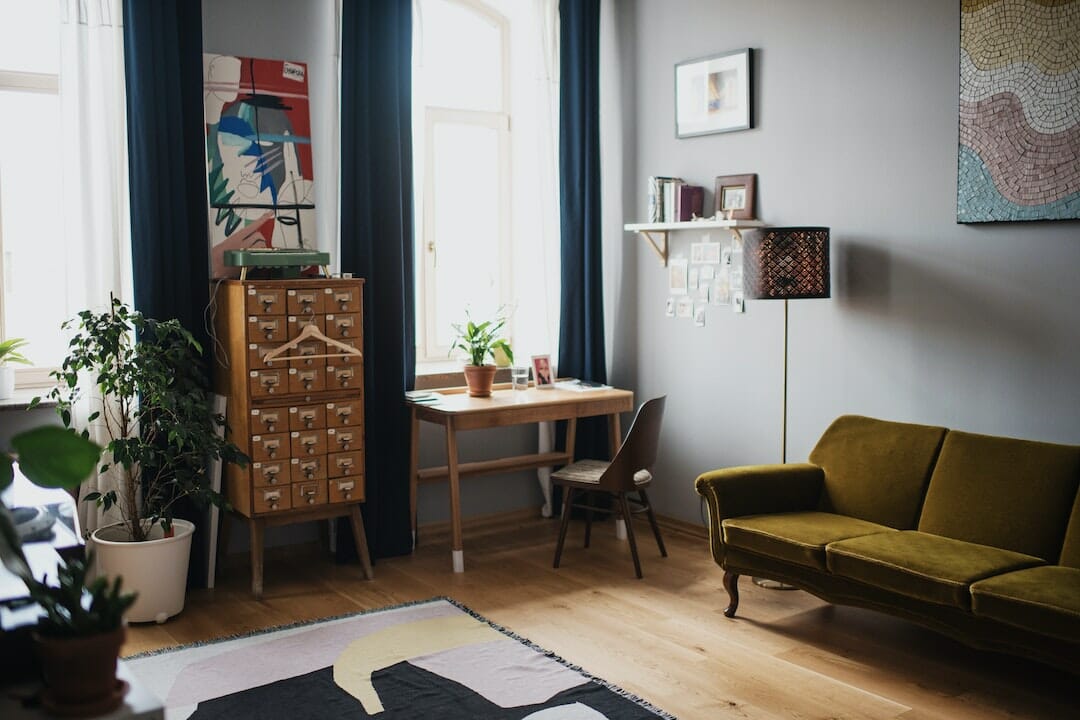Airbnb is a unique business model that allows hosts to rent out extra space, be it a room, annexe or investment property, to people seeking short-term or long-term lets. The Airbnb website and app allow potential guests to browse thousands of properties. When someone rents a property, the host can earn an income from their stay.
Some users prefer Airbnb because it can be cheaper than staying in a hotel. Others like to use it to find unique, quirky or luxury properties offering something a little different to a night in a Premier Inn or Travelodge. If you are interested in starting an Airbnb business in Ireland, we’ve put together this handy article to get you started.
What is an Airbnb?
Airbnb stands for air bed and breakfast. It is a service that lets property owners, known as Airbnb hosts, rent their homes to guests looking for a place to stay. Airbnb properties can be a room in a shared house, the host’s home, a holiday let such as a caravan, a chalet, or an entire home suitable for multiple occupants.
The business was launched in 2008 by Brian Chesky and Joe Gebbia, who had recently moved to San Francisco. Struggling to pay the rent on their apartment, they decided to rent out space in their apartment to people who needed an overnight stop when they travelled to the city for events. They provided their guests with air mattresses in the living room and cooked them breakfast in the mornings. The rest is history, and Airbnb has been a leader in the peer-to-peer property rental market ever since.
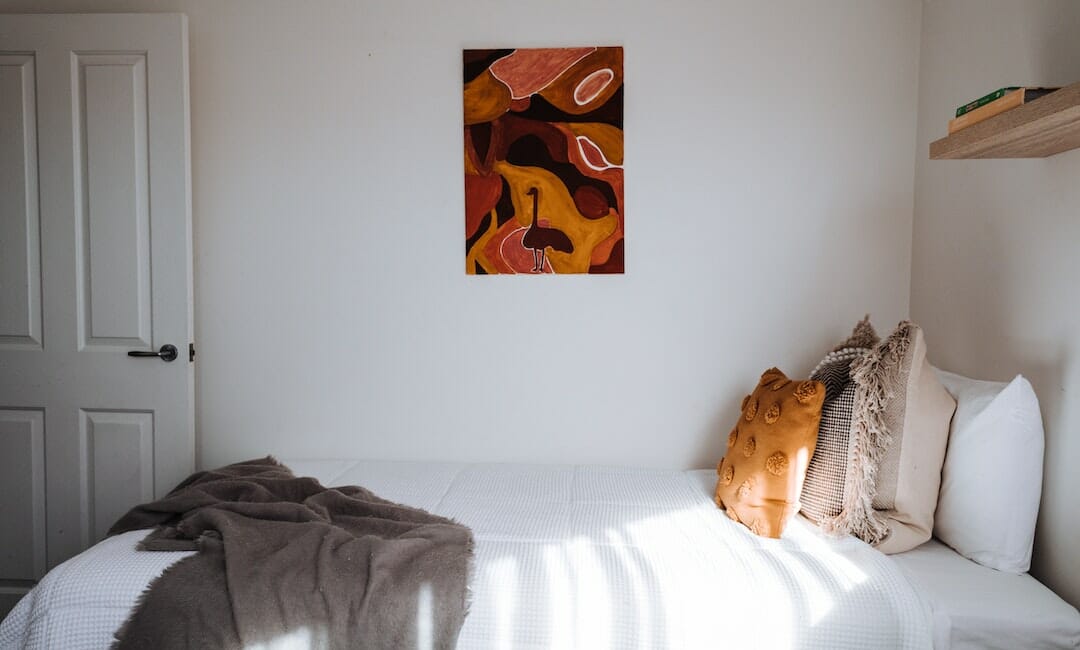
How does Airbnb work?
Airbnb has revolutionalised the travel industry. If we needed to travel 15 years ago, our choices were limited to hotels or hostels. An Airbnb stems from a straightforward idea that local people can make some extra money by renting out a second property or room to visitors to the area. Hosts advertise their rentals on the platform, which gets their property seen by millions of people. The good news is that Airbnb handles all the payments on your behalf, and they can step in and support hosts as required.
Airbnb charges most hosts a flat 3% fee to list a property on their site and benefit from the support and security of being part of the Airbnb brand.
How to start an Airbnb business
Whether you are looking to set up an Airbnb as a side hustle or a property entrepreneur looking to rent out a second home or holiday apartment, there are several steps to get you started on your journey as an Airbnb host and hit the ground running.
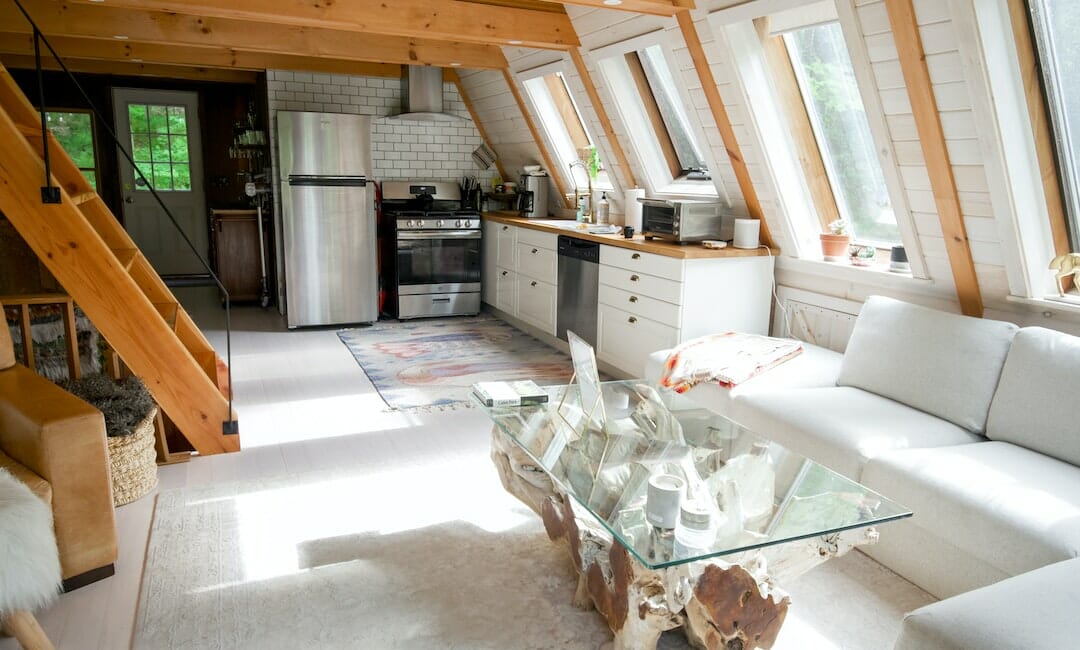
Research the Airbnb regulations in your area
Before you get started, you should find out how any local legislation affects your ability to host an Airbnb in your region of Ireland. Some cities have laws relating to whether you can host short-term paying guests. For example, in 2019, the Residential Tenancies Act 2019 updated its regulations, which meant hosts in Ireland became subject to new rules. For the most part, these rules apply to hosts in the rent pressure zones (RPZ). You can check if your property falls into this zone here.
Have a business plan
No matter how big or small your Airbnb venture is, thinking of it as a business and creating a business plan will help you identify any potential financial burdens or problems resulting from a lack of planning.
Then run the numbers with realistic financial projections and include all your possible overheads such as licencing, insurance, cleaning, complimentary welcome gifts for guests, utilities and maintenance costs. It is important to keep a record of your expenses when running a business like Airbnb, and you’ll be able to see exactly how much you could potentially add to your income as an Airbnb host.
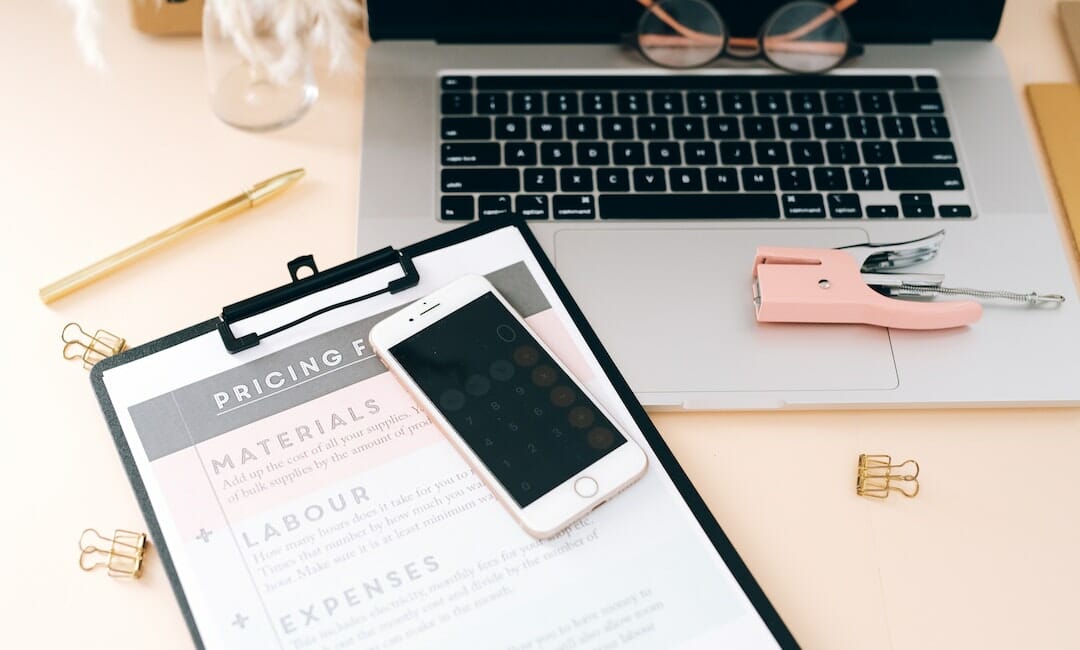
How to set your pricing
You can determine how much you can charge for your property by looking at other comparable properties in your area on Airbnb. Airbnb has a tool for hosts to help them determine what their space is worth depending on several features. Once you have set your price, it may be worth considering lowering the cost for the first couple of bookings to entice guests to give you a try as a new and unrated host.
Plan out the processes
When you start an Airbnb, there are specific processes you must have planned out. These include things like:
- Key handover processes. Whether in person or via a lockbox where guests can let themselves in.
- Cleaning process. After each guest leaves, you’ll need to arrange for the property to be cleaned and all the laundry to be changed. This ensures the property is ready for your next set of guests. Plan who will do it, how long they need and confirm if cleaners are readily available in the area.
- As an Airbnb host, you will want to plan what happens if things go wrong. For example, if the boiler breaks down or your guests lock themselves out of the property during a stay. Having a locksmith and tradespeople at the ready will help when the unexpected happens.
- Confirm the check-out/check-in procedure, so it is clear to guests. This includes how and when they can pick up their keys. What should they do at checkout? For example, do you expect them to wash dishes or load a dishwasher? Do you want them to make or strip the beds?
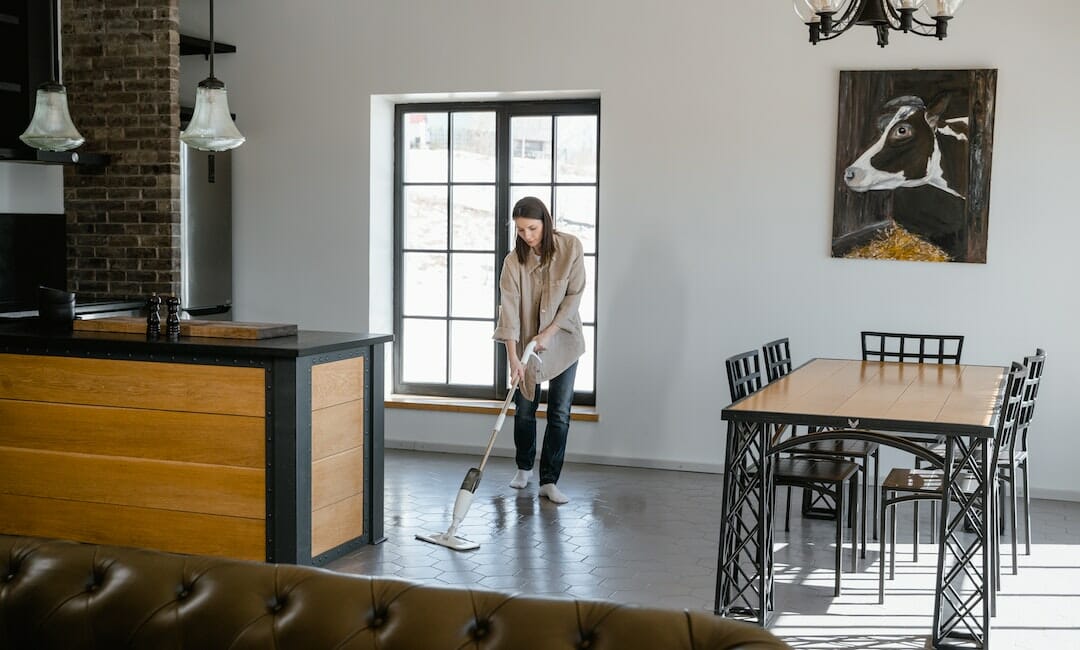
Focus on the basics
Airbnb hosts concentrating on getting the basics right have a greater chance of success. The basics include having a well-written, detailed description, including what amenities your property has and what guests can find nearby. Additionally, great photos go a long way and encourage guests to leave a glowing review on the exit, making your property more appealing to prospective guests when browsing properties in your area. If guests have had a great stay at your property, others will be more confident to book with you.
Additionally, communication is key when building a reputation as a good host. Communicating with guests can help you understand what your guests are looking for and give you greater control over who wants to book your property and the reasons for their stay. A great host replies promptly to guests in a friendly manner.
Conclusion
Whether you are renting out a room in your home or starting a new business venture and running an Airbnb as an investment property, it pays to treat your Airbnb like a business and your guests as customers. By ensuring your property is legally sound, insured, fit for purpose and maintained to a good standard, Airbnb can be a profitable venture whatever your financial goals.

